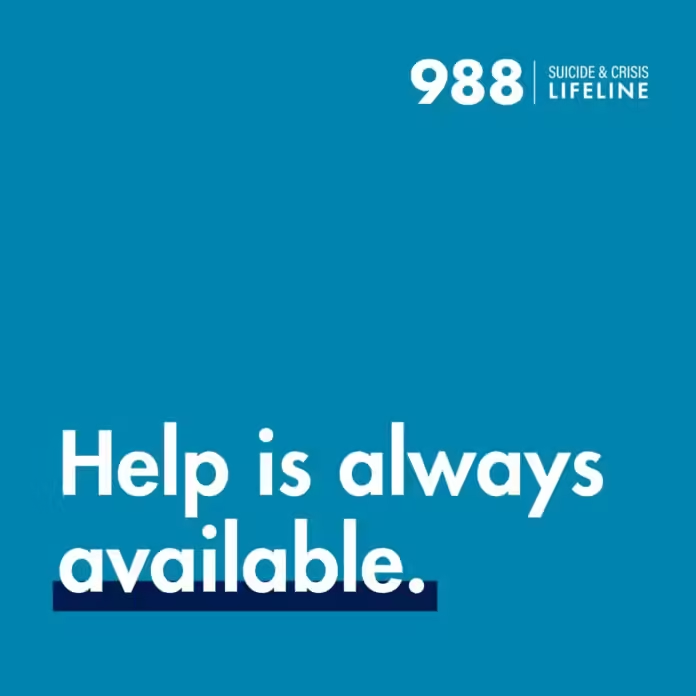WASHINGTON, D.C. — U.S. Senators Alex Padilla (D-Calif.) and Thom Tillis (R-N.C.), co-founders of the bipartisan Senate Mental Health Caucus, and Representative Tony Cárdenas (D-Calif.-29), co-chair of the bipartisan House 988 & Crisis Services task force, Oct. 17 applauded the Federal Communications Commission or FCC for making critical improvements to the 988 Suicide and Crisis Lifeline to help callers access localized, lifesaving behavioral health resources.
On the one-year anniversary of the founding of the bipartisan Senate Mental Health Caucus, the FCC board of directors voted to finalize the proposed rule to improve the 988 Lifeline, which contains the main provision from the lawmakers’ Local 9-8-8 Response Act of 2023. The rule will expedite the process of connecting 988 Lifeline callers with their nearest call center so they can receive appropriate care and resources from mental health professionals and local public safety officials as quickly as possible, while protecting user privacy.
Reliable, timely access to the 988 Lifeline is essential to link people experiencing suicidal ideation or a mental health crisis with immediate support. The 988 Suicide and Crisis Lifeline has supported millions of Americans in crisis, but currently, calls to the hotline are routed by area code rather than location. As awareness of the hotline increases, ensuring that operators can quickly connect callers to a range of mental health services and a full continuum of care is crucial.
The final rule will require a geo-routing solution to be implemented for all wireless calls to the 988 Lifeline while balancing the privacy needs of individuals in crisis. Geo-routing refers to technical solutions that enable calls to be directed based on the location of the caller without transmitting the caller’s precise location information. These solutions would permit wireless calls to the 988 Lifeline to be directed to nearby crisis centers based on factors such as the cell tower that originated the call rather than the area code of the wireless device used to place the call. This system would maintain any privacy requirements carriers may have about the nature of such sensitive calls.
Verizon and T-Mobile began geo-routing calls to the Lifeline last month, and AT&T plans to implement similar geo-routing technology in the next few months.



